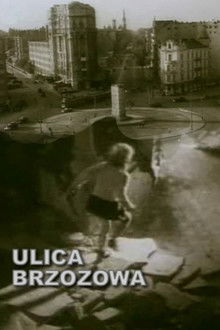Music by Prudence tells a self-empowering story of one young woman's struggle who, together with her band, overcomes seemingly insurmountable odds and, in her own voice conveys to the world that disability does not mean inability. In addition to its sheer emotional punch, Music by Prudence has become the cornerstone of an advocacy campaign and has been embraced by the UN, Human Rights Watch and the disability community as an unprecedented portrayal advocating for the rights of persons with disabilities. Prudences poignant, inspiring and irreverent message of hope has received an amazing response from press and audiences all across North America, and has won the Academy Award for Best Documentary Short and several other awards as it continues drawing in more audiences.
Related Movies
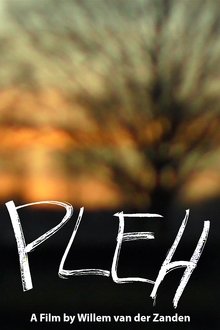
PLEH (2017)
An experimental journey through a year in the life of the director, using his always playing playlist to cross the boundaries of fiction and documentary. Through scenes of both comedy and tragedy, realistic documentary footage and experimental sequences of the director's environment and daily life we get a sometimes estranging image of a young man and also an intriguing insight in his mindset and how this translates to the imagery on screen.

Anonymous (2017)
A short film about the changing face of London Soho and the implications of gentrification on Mimi, an aging transvestite.

La quemada (2022)
12 years later, a failed school short film is resignified to share the multiple experiences that exist in the creation of a film.

Infancia desterrada (2022)
Every year, tens of thousands of children are forced to leave their countries unaccompanied by an adult.

Argini (1954)
A tribute not so much to the river that runs through the Eternal City, but to that part of Rome that very often remains invisible to the eyes of tourists-the suburbs, with their streets and rituals.

Barcelona (1929)
A walk through the landscapes of the province of Barcelona, Spain, as well as a testimony of the daily life and customs of its inhabitants.
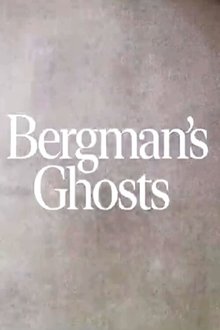
Bergman's Ghosts (2021)
Super-8 footage captured while filming Bergman Island. In voice-over, filmmaker Mia Hansen-Løve offers intimate reflections on her creative process on the island of Fårö and her relationship with Bergman and Swedish cinema.

Je chante à cheval avec Willie Lamothe (1971)
In a very traditional and popular setting, this documentary follow Willie Lamothe who becomes a national icone aftera 25 years career. The film follows the stars through is retelling of his career, his private life and his shows. It also follows testimonies from his fans and friends. Finaly, it his full of Willie Lamothe's music.

This Is Not About Me (2022)
This Is Not About Me tells the story of Jordyn Zimmerman. Jordyn dreamt of becoming a teacher. She started out eager to learn at school, but she was soon separated from the other children. Unable to communicate, teachers thought she was also unable to understand or learn. Year after year, her behavior worsened. She was restrained and placed in seclusion. Jordyn found herself caught in a system that unintentionally turned her life into a living nightmare. Finally, at the age of 18, with the help of educators who see her differently, she manages to turn her fate and flourish.
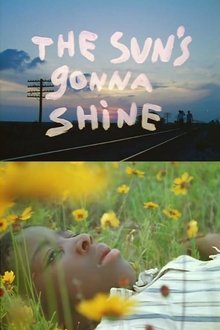
The Sun's Gonna Shine (1969)
A lyrical recreation of Lightnin’ Hopkins’ decision at age eight to stop chopping cotton and start singing for a living. Preserved by the Academy Film Archive in 2013.
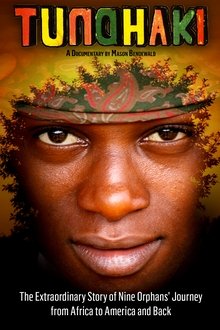
TUNAHAKI (2010)
Tunahaki is the extraordinary story of nine gifted orphans who are acrobats. We follow their journey as an American volunteer takes them from Africa to study with Cirque du Soleil in Las Vegas. They end up touring the States and raising hundreds of thousands of dollars, more than enough to build a permanent home. But how have the kids' experiences in America affected them? And how will it change things back home in Tanzania? Tunahaki's heartfelt journey gives us something new to ponder as we reach across the world to help those less fortunate—is it always the right thing to do?

The Arrival of a Train at La Ciotat (1896)
A group of people are standing along the platform of a railway station in La Ciotat, waiting for a train. One is seen coming, at some distance, and eventually stops at the platform. Doors of the railway-cars open and attendants help passengers off and on. Popular legend has it that, when this film was shown, the first-night audience fled the café in terror, fearing being run over by the "approaching" train. This legend has since been identified as promotional embellishment, though there is evidence to suggest that people were astounded at the capabilities of the Lumières' cinématographe.
